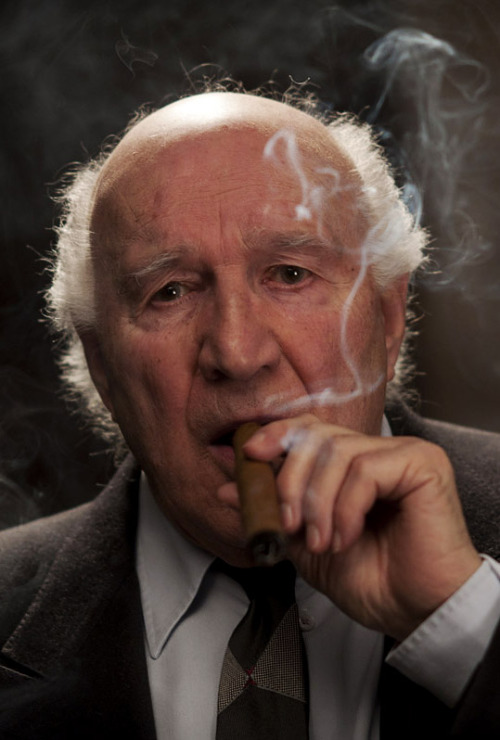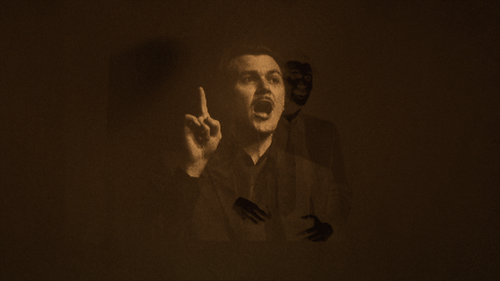Noirish Project continues apace, and I will very soon begin rehearsals with the actors. I've not directed actors within a rehearsal context for awhile, although, as an actor myself, I like to think I have an idea about what is useful direction for an actor, and what really gets actors' goats.
The director is in a privileged position among a company of actors, because effectively the director is the actor's boss, and so the actor is obliged to defer to the director, and listen to what the director says in service of doing a good job. However, the director's directions should not be accepted merely because of the fact of the director's exalted position, the director's directions should only be accepted when they are effective at helping the actor do his job. I have often found that a gentle, constructive questioning of the director's direction is very healthy, or, as David Mamet said; if the director cannot explain himself to the satisfaction of the actor, then the director does not know what he is talking about. So, the happy position that I want to be in as a director, is to say nothing that isn't helping the actor in practical terms, and to be able to back-up everything I say. Preparation is the key - afterall, would any actor with any semblance of self-respect, trust or accept the authority of a director who was poorly prepared?
Here are some thoughts: -
-
Director's vanity is a crime.
-
Director's “cool ideas” will not help the actor do the scene.
-
Explain the literal action of the scene in simple terms.
-
Don't give notes merely because “that's what directors do”. If the scene is fine, let it be.
-
If you are going to give a note, make sure you know what you're talking about, and are able to communicate it properly. If not, go away, think about it, and come back when you can communicate it properly.
-
Stop talking as soon as the actor is ready to do the scene (generally demarcated by the actor nodding his head repetitively, or some such), anything beyond this point, becomes an obstacle to the actor's creativity.
-
Assist the actor in finding a concrete, do-able action for the scene, but the final choice of an action must rest with the actor, because the action needs to be interesting to the actor, who, afterall, is going to play the scene.
-
Directors do not “draw” performances from actors. Actors draw perfromances from themselves. Get out of the way director!
-
The director is there to serve the actor.
-
The actor's trust is hard won, but can be lost in the blink of an eye. Tread carefully.
-
The actor's dignity should be protected at all times.



















